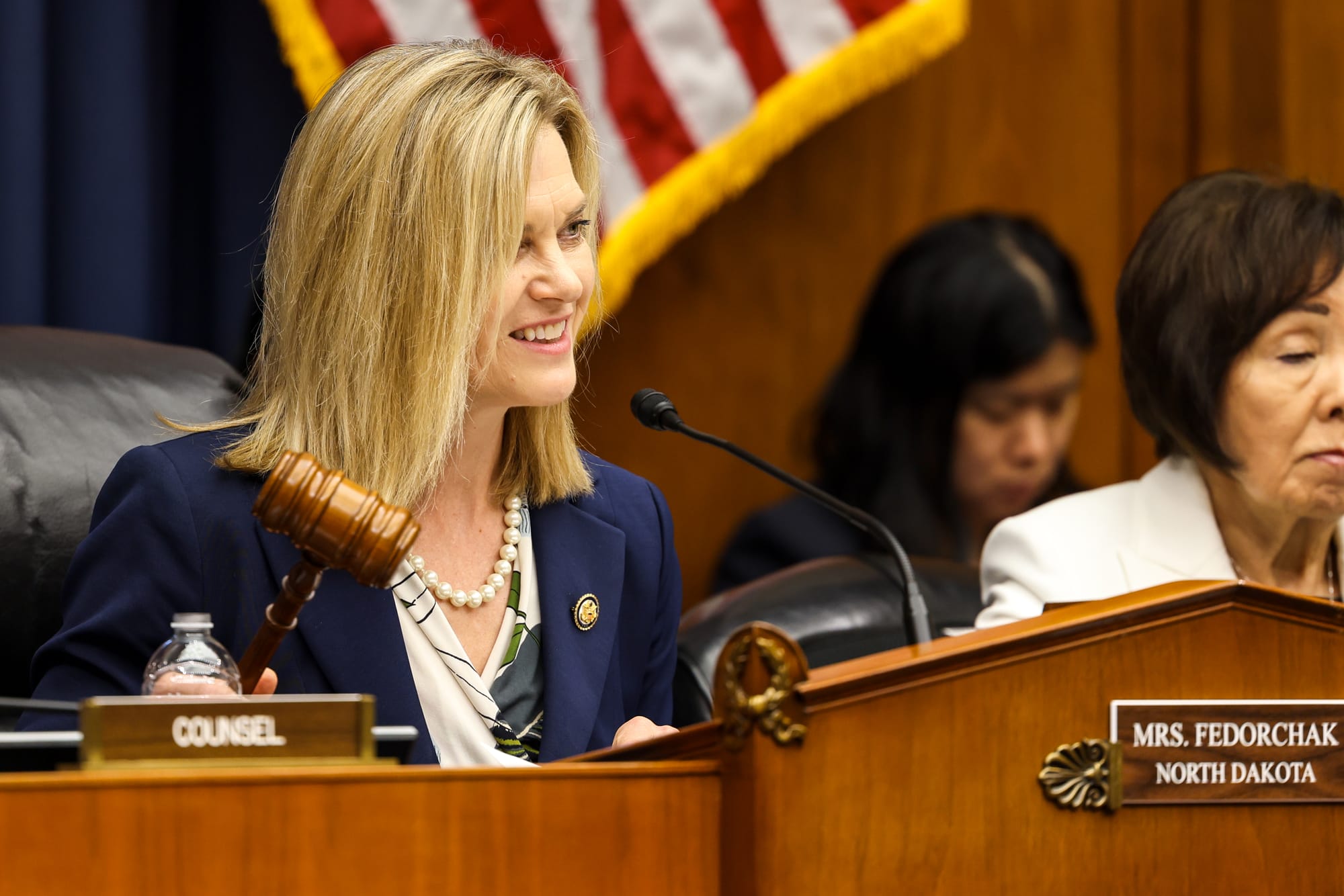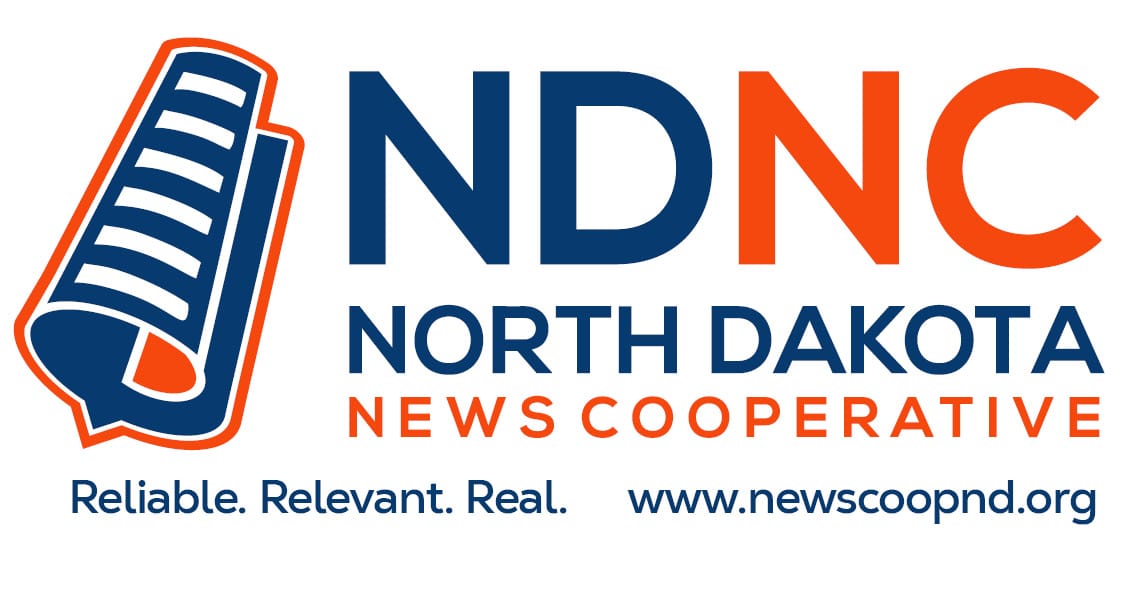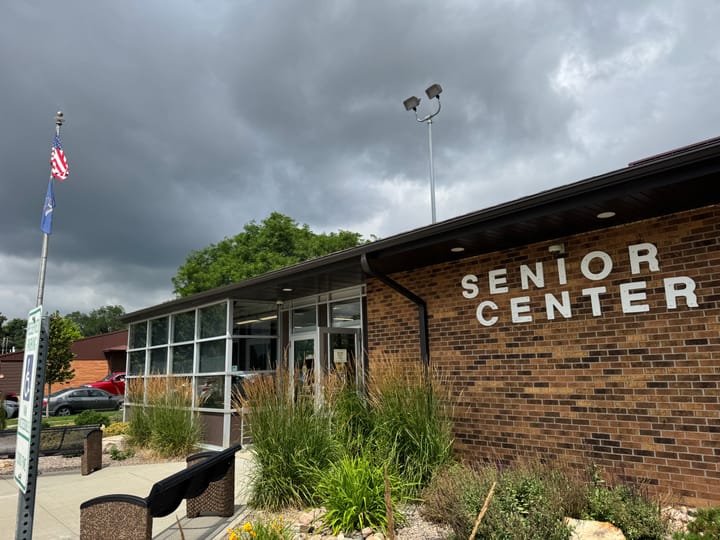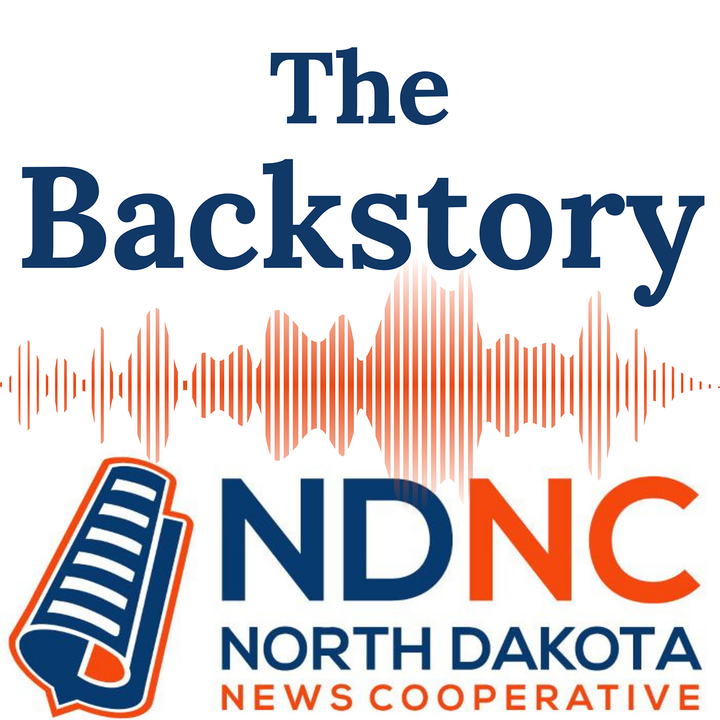Concerns grow about increased ACA costs, medical debt
Rule changes, loss of subsidies could lead to more uninsured

North Dakota healthcare organizations and insurance regulators are sounding a warning about the potential increase in out-of-pocket premium costs for those using the Affordable Care Act marketplace for their health insurance needs.
Some of the concern stems from changes to the ACA marketplace included in the latest version of the One Big Beautiful Bill covering enrollment, personal information verification and eligibility requirements.
Another area of concern is that expanded tax credits for those on the ACA marketplace will expire at the end of the year. Talk of an extension of those credits was not included in the latest formulation of the legislation currently being reviewed by the U.S. Senate.
Concerns over rising costs, loss of coverage
About 50,000 people get their health insurance through the ACA marketplace in North Dakota, according to the state’s Office of the Insurance Commissioner.
Roughly 90% of those individuals are eligible for the expanded tax credits established during the pandemic in 2021.
Loss of these tax credits would lead to ACA insurance premiums rising on average by 75%, according to the healthcare information nonprofit KFF.
Without those credits, individuals would either need to pay the extra premium cost themselves or possibly lose coverage if they can’t afford the monthly payments.
“We know people are going to lose coverage,” said Tim Blasl, president of the North Dakota Hospital Association. “What that exactly looks like for North Dakota, we’ve got to work through that.”
People would still get care, Blasl said, but more uninsured means less prevention and more people showing up in emergency rooms.
This increases medical debt for consumers and for hospitals if people can’t pay themselves.
“So, there’s a concern of an increase in bad debt, and how does that impact access to health care long term? How does that impact hospital financials long term? That's something we are really concerned about,” Blasl said.
The Congressional Budget Office estimates 700,000 people could lose coverage nationally due to changes related to enrollment, and a further 3 million could become uninsured because of increased eligibility requirements.
The CBO said the expiration of the enhanced premium tax credits will lead to 4.2 million more uninsured people nationwide by 2034.
Roughly 45,000 people in North Dakota on the ACA marketplace would pay higher premiums or drop coverage if they can’t afford it.

On June 20, a statement from the Center for Medicare & Medicaid Services (CMS) said it is finalizing a rule included in the legislation that would lower the cost of ACA premiums by 5% on average, crack down on improper enrollments, and rein in wasteful spending.
The statement said that in 2024, about 5 million people nationwide were potentially improperly enrolled on the ACA marketplace.
U.S. Representative Julie Fedorchak (R-ND) said of the ACA changes included in the current legislation that, “Change is hard, change is going to require people to pay attention and make sure they’re properly enrolling and following the rules.”
Fedorchak said the program needs to be fixed so that it can exist long-term amid federal budget and federal debt constraints.
The legislation could pass the Senate by this week, then return to the House of Representatives for approval. President Donald Trump is pressing lawmakers to get the final legislation to his desk by July 4.
As for the expanded tax credits, Fedorchak said this may be taken up in another set of legislation in the second half of this year.
“There are concerns about how this will impact people and their insurance and maintaining their insurance, and there are also concerns about the cost to the federal government, which is about $350 billion to extend it in its current form,” Fedorchak said. “So it's about balancing those two concerns and finding the best path forward.”
Fedorchak said, “We don't want a bunch of people going off their insurance and or losing their insurance or choosing not to purchase insurance, because that's costly to the health care system, but at the same time, you know, some of the program levels are pretty generous.”

Rural impacts, rising medical debt
Impacts from the changes and expiration of tax credits are likely to be felt more acutely in rural parts of North Dakota.
According to 2024 data, nearly 27,000 of those on the ACA in the state lived in rural areas compared to around 16,000 in urban areas.
Brad Gibbens, a board member of the North Dakota Rural Health Association and former director of the Center for Rural Health at the University of North Dakota, said a higher percentage of people in rural areas are not insured through employers.
Gibbens also said many of those on ACA plans receiving the subsidies are also likely getting food assistance through the Supplemental Nutrition Assistance Program (SNAP), which is also being reformed and cut in the legislation.
“Both of those programs are being cut back so there’s going to be a profound effect in rural areas,” Gibbens said.
Those cuts will not only impact individuals who lose coverage, but also rural hospitals that treat patients in their ERs.
“They’re going to be coming in through the ERs when they’re sicker, when we would have liked to have seen them earlier to address an issue, rather than when they come back and it’s more acute,” Gibbens said. “There isn’t any money then, to treat them, so that comes back as more bad debt for the hospital.”
Gibbens said the moves are a “real step backwards” and would lead to significant negative impacts on the health of individuals but also on the financial viability of rural hospitals and clinics.
Centrist think tank Third Way published a report on June 23 examining the impacts on healthcare from changes in the One Big Beautiful Bill and estimated 5.4 million more people would be pushed into medical debt nationwide, increasing total medical debt by $50 billion.
Former Dem-NPL U.S. congressman for North Dakota and former insurance commissioner Earl Pomeroy said the healthcare cuts in the One Big Beautiful Bill are a “common budget trick” made to pay for extending prior Trump tax cuts.
“They haven’t lifted a finger to keep health insurance affordable, and as a result, premiums will soar,” Pomeroy said. “Everyone knows higher health insurance premiums really hurt family budgets.”
At the end of May, the National Association of Insurance Commissioners, currently led by North Dakota insurance commissioner Jon Godfread, sent a letter to both U.S. Senate and House majority and minority leaders highlighting changes to the ACA marketplace.
The letter said the potential expiration of the tax credits would have a “negative impact on insurance markets” and the “healthcare system as a whole.”
The NAIC letter said the rule changes would lead to fewer individuals covered and market disruptions as soon as 2026, and that the changes do not allow sufficient time for insurers, regulators, and consumers to prepare.
The letter also stated that the new eligibility requirements would prevent many consumers from getting insurance promptly, particularly if they lose jobs or income changes.
Since 2020, overall enrollment on the ACA marketplace in North Dakota increased by about 87%.
North Dakota ranks 15th in per capita spending on healthcare, according to data compiled by KFF.

The North Dakota News Cooperative is a nonprofit news organization providing reliable and independent reporting on issues and events that impact the lives of North Dakotans. The organization increases the public’s access to quality journalism and advances news literacy across the state. For more information about NDNC or to make a charitable contribution, please visit newscoopnd.org. Send comments, suggestions or tips to michael@newscoopnd.org. Follow us on Twitter: https://twitter.com/NDNewsCoop.



